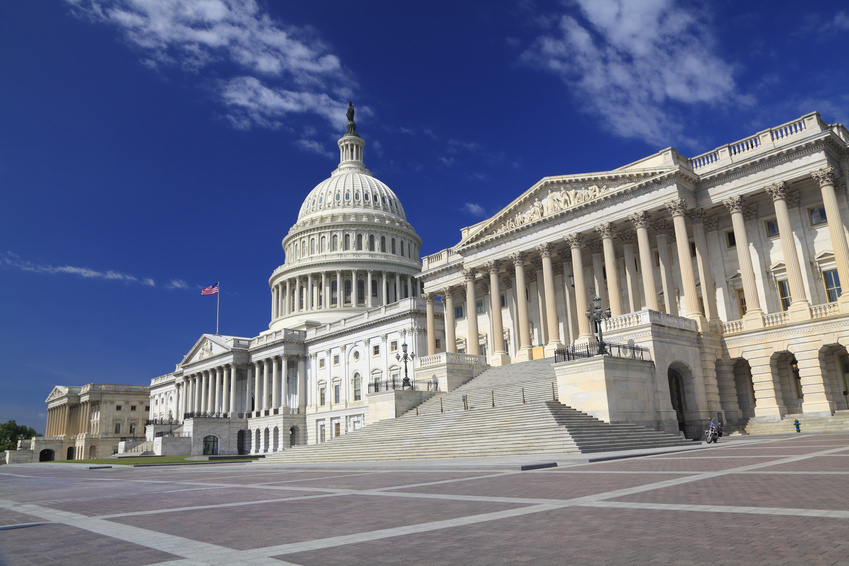For over 40 years, the team at Baker McKenzie’s Bangkok office has assisted foreign individuals and international companies who are seeking investment opportunities in Thailand. Doing Business in Thailand 2021 is your practical guide to the legal framework in which business is conducted in Thailand, written by our market-leading legal…
Regulators continue to review economic concentration notifications
Vietnam issues draft Decree on the management of costs incurred in competition procedures
In Q1 2021, the Ministry of Industry and Trade (MOIT) cleared 11 economic concentration notifications, most of which were acquisitions. The Ministry of Finance issues a draft Decree regulating the management, use and settlement of expenses relating to several competition proceedings.
All 27 EU member states must implement the European Restructuring Directive of 20 June 2019 by 17 July 2021. The Directive was in part a reaction to the phenomenon observed with continental European companies in a financial crisis to restructure their debt under an English Scheme of Arrangement. The Scheme of Arrangement, which is not an insolvency process, offers the possibility to implement a debt restructuring on the basis of a majority decision by the creditors. Under these rules, a single “hold-out” creditor is unable to block a reasonable restructuring plan if the majority of creditors approves it.
Shelter-in-place or stay-at-home orders have been prevalent throughout the United States since March 2020 as state and local governments have sought to protect their citizens from the spread of the COVID-19 virus while at the same time reopen their economies in accordance with phased reopening plans. Keeping abreast of the…
On 1 April 2021, the UK government announced additional measures targeting the Myanmar regime’s economic interests. Further to the 25 March…
On April 1, 2021, the Department of Commerce published in the Federal Register a document [Docket No. 210326-0072] delaying compliance with the…
On 5 March 2021, the European Commission published guidelines on the practical implementation of Article 4 of Regulation (EU) 2019/1020 (“Market Surveillance Regulation”). From 16 July 2021, Article 4 will prevent distance sellers based outside of the EU from selling certain types of CE marked products (including toys, electrical goods and PPE) to customers…
Global Affairs Canada announced that the Canada-United Kingdom Trade Continuity Agreement (Canada-UK TCA) entered into force on April…
On 19 March 2021, the Full Federal Court allowed an appeal in the matter of ACCC v Quantum Housing Group Pty Ltd [2021] FCAFC 40. The Full Court judgment provides important clarification of the elements required to establish statutory unconscionable conduct under s 21 of the Australian Consumer Law (“ACL”).
The critical finding of the Full Court is that although some form of exploitation or predation upon some vulnerability or disadvantage will often be a feature of unconscionable conduct, it is not a necessary element of unconscionable conduct under s 21 of the ACL.
China has approved and enacted its first Export Control Law, the first export control legislation in China aimed at regulating the export of sensitive materials and technologies from China to overseas. Jay Ruan, Marcela Robledo, Alison Stafford-Powell, and Vivian Wu have an insightful discussion about what is covered by this new legislation and how it can possibly affect the US-China trade relations. Our panel of experts delve into the aspects of the Export Control Law that will have an impact on the technology industry and what steps can be taken to manage these.



